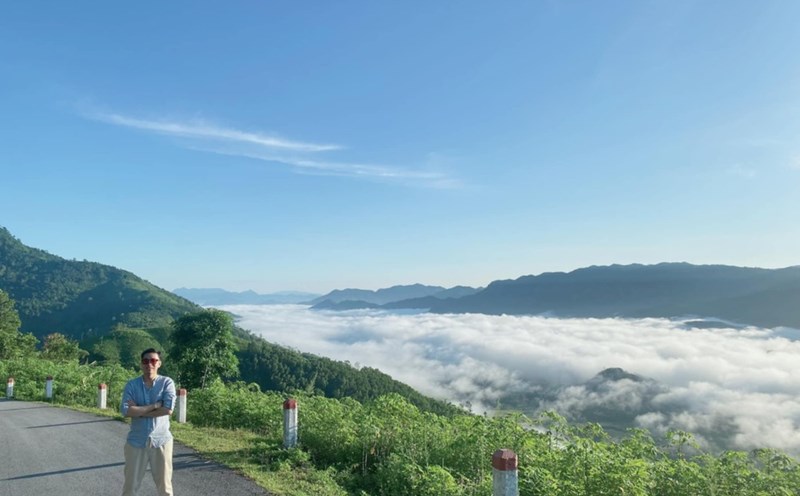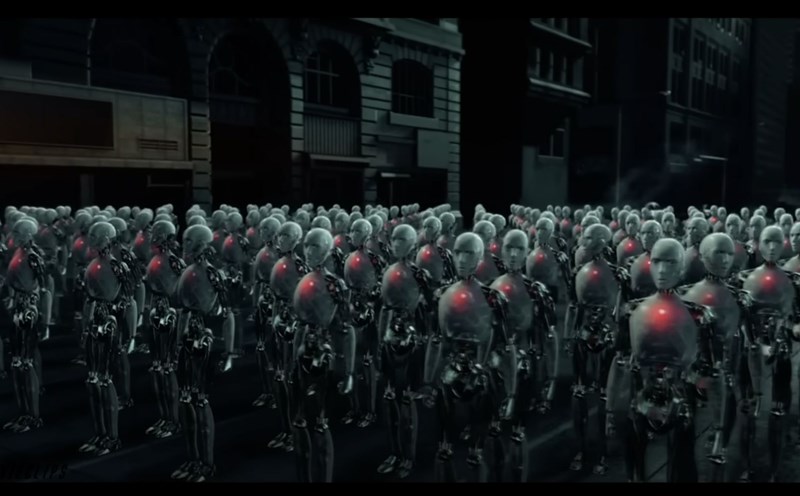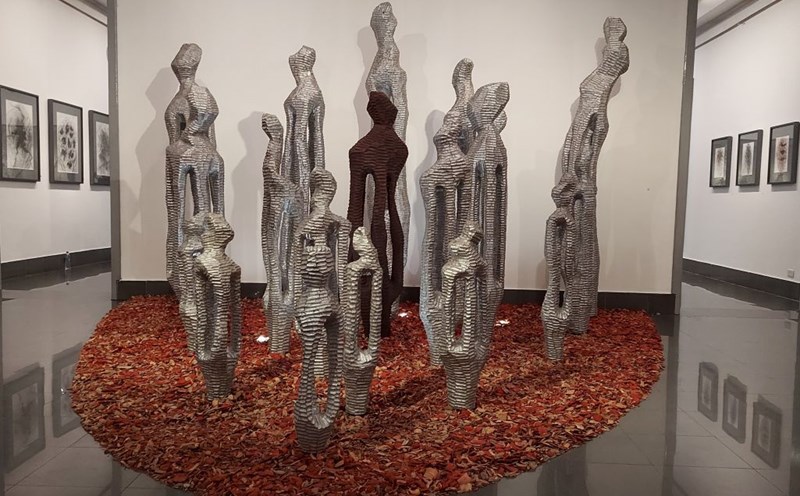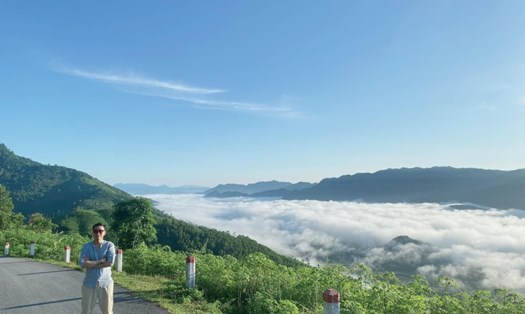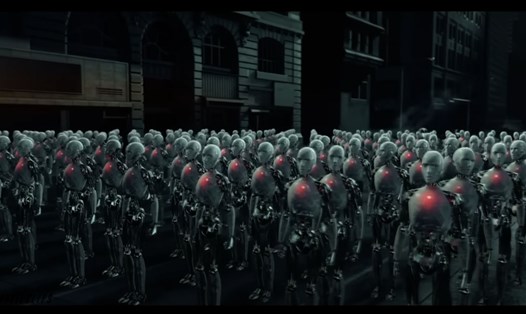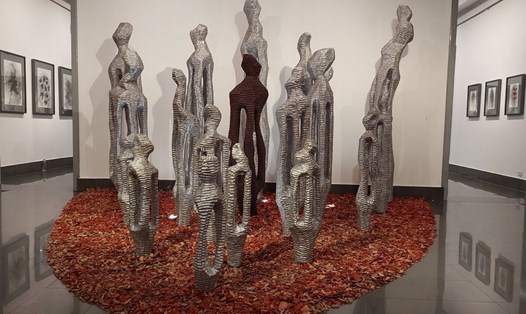If "Ice Point" is a work of fiction, Shiokari Pass is inspired by a heart-wrenching true story that happened in Asahikawa, Hokkaido, the author's hometown and also a familiar setting for her works.
In 1909, a steam train was running over the steep slope of Shiokari Pass. Suddenly, the train broke down and was in danger of tipping down the pass and causing serious casualties. At this time, Masao Nagano - an official of the Railway Company tried to save the situation. When his efforts to use the handbrake to stop the train failed, he jumped onto the tracks, used his own body to stop the train, sacrificing his life to save all the passengers.
This story has touched the hearts of countless people. Shiokari Pass is a story about the meaning of life and sacrifice, or as the work uses the term, how to become a righteous person.
Shiokari Pass is not only a story of religious significance, but also a story of the journey to find the meaning of life. Spanning over 350 pages, the book tells the story of Nagano Nobuo's life, from birth to after his death, from childhood to adulthood.
There are no dramatic events, it is a normal life, with all the stages that everyone has to go through: Being raised by family, studying at school and making friends, being curious about sex in adolescence, going out to earn a living to support the family, finding love and a home of her own. And finally, death. In the character's name, Ayako kept the word Nagano in the name of the person who inspired this work.
Throughout his life, Nobuo constantly asks questions, absorbs opinions from those around him, reflects on himself, and finds his own answers. We all do the same throughout our years, so readers will easily find themselves in Nobuo's thoughts and concerns.
Shiokari Pass is not a story, but focuses on describing Nobuo's thoughts on many issues in life, and how it changes over time. The issues are very diverse, covering all aspects of life: Faith, social stratification, gender, love, responsibility, the meaning of life, and death.
Shiokari Pass is not just a religious story, it is a journey of learning and self-questioning to grow up, find the meaning of life and face death.
“Even though humans do not have two arms or two legs, even though their eyes cannot see, their ears cannot hear, or their speech cannot be heard, they are all the same in that they are all human.
Even though I know it's a good thing, it's really difficult to do it. I do what I feel like doing. I don't do what I think I'm not allowed to do. But no one can do it..." - the author's point of view in the book.
Through Miura Ayako's philosophical yet simple writing style, readers will easily find themselves in the pages of the book, and some answers for their lives.
Miura Ayako (1922 - 1999) is one of Japan's most famous and beloved female writers. Her first novel, Ice Point, was published in 1964, making her a literary phenomenon. Miura Ayako wrote continuously, throughout her career she introduced more than 80 works of both fiction and non-fiction. Born in Asahikawa town in northern Hokkaido, Miura Ayako often used this as a setting for her works. Ayako's writing focuses on exploring the inner human psyche, moral conflicts and thorny social issues. She has been awarded many prestigious literary, cultural and religious awards, recognizing her great contributions to the country's literature and culture.

